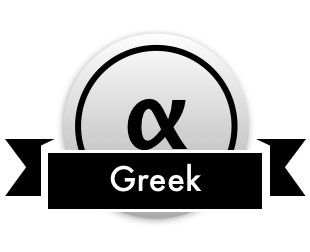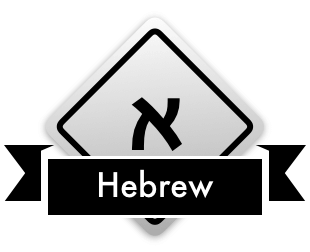Lesson 1 | The Main Point
Greek & Hebrew
The original
Do you need to learn Greek and Hebrew to properly teach the Bible?
No. But it most certainly is worth it if you do. That is, learning the original languages has a real benefit for more accurately handling the word. True, many resources like concordances and commentaries are available to those who do not know original languages, but ultimately there is no substitute.
What is the place of a knowledge of the original languages? They are of great value for the sake of accuracy; no more, that is all. They cannot guarantee accuracy but they promote it. ... The preacher should be accurate, he should never say things that some learned member of his congregation can show to be wrong and based upon misinterpretation. Knowledge of the original languages is important in that way. But let us never forget that the ultimate object of this man's training is to enable him to preach, to convey the Bible message to the people—the vast majority of whom will not be experts on languages or on philosophy. His business is to convey the message to them, to be 'understanded of the people.' —Martin Lloyd-Jones
A taste to entice you
Below, we have prepared a taste of Biblical Hebrew and Biblical Greek with a two-fold purpose. First, these linguistic nuggets are explained in such a way as to to be useful to your study of the Word even if you never learn the original languages. And their second purpose is to perhaps entice you to learn them nonetheless.
Learn the biblical languages here on Biblearc
Our language courses do not require any prior knowledge of the languages. And, as with all our Path Courses, you will be provided with a coach to help you learn. After you complete Didactics, why not dive into one of the biblical languages?

